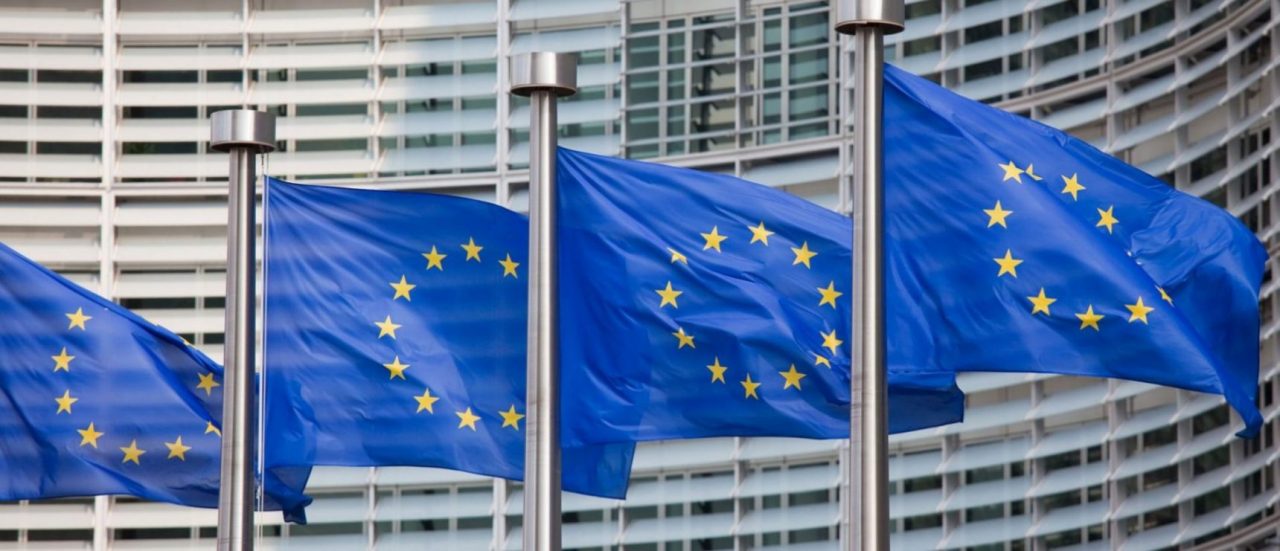Recent Commission decisions and judgments of the Court of Justice of the European Union concerning purchasing cartels offer insights as to how the Commission treats such cartels under applicable EU competition rules. Last year, the Commission adopted a decision to sanction a cartel on the ethylene purchasing market and imposed heavy fines on three companies engaging in price coordination on that market. The year before, the General Court confirmed the Commission´s decision on a purchasing cartel in the Car Battery Recycling case. Importantly, the General Court fully confirmed some aspects of the fines methodology the Commission applied to ensure that the fines imposed in case of purchasing cartels are deterrent. These cases show that purchasing cartels, which are prohibited under Article 101 of the Treaty on the Functioning of the European Union (“TFEU”) as much as the more frequent sales cartels, do not enjoy a more lenient treatment by Europe’s competition authorities.
By Stepan Svoboda & Brigitta Renner-Loquenz1
I. INTRODUCTION
Article 101 TFEU prohibits arrangements that “directly or indirectly fix purchase or selling prices or any other trading conditions.” Overall, the Court considers purchasing cartels to be as harmful as sales cartels2 and qualifies both types of collusion as by-object infringements. The Commission applies the same fining methodology, currently the 2006 Guidelines on fines,3 with certain (upward) adaptations to purchasing cartel
...THIS ARTICLE IS NOT AVAILABLE FOR IP ADDRESS 216.73.216.213
Please verify email or join us
to access premium content!

